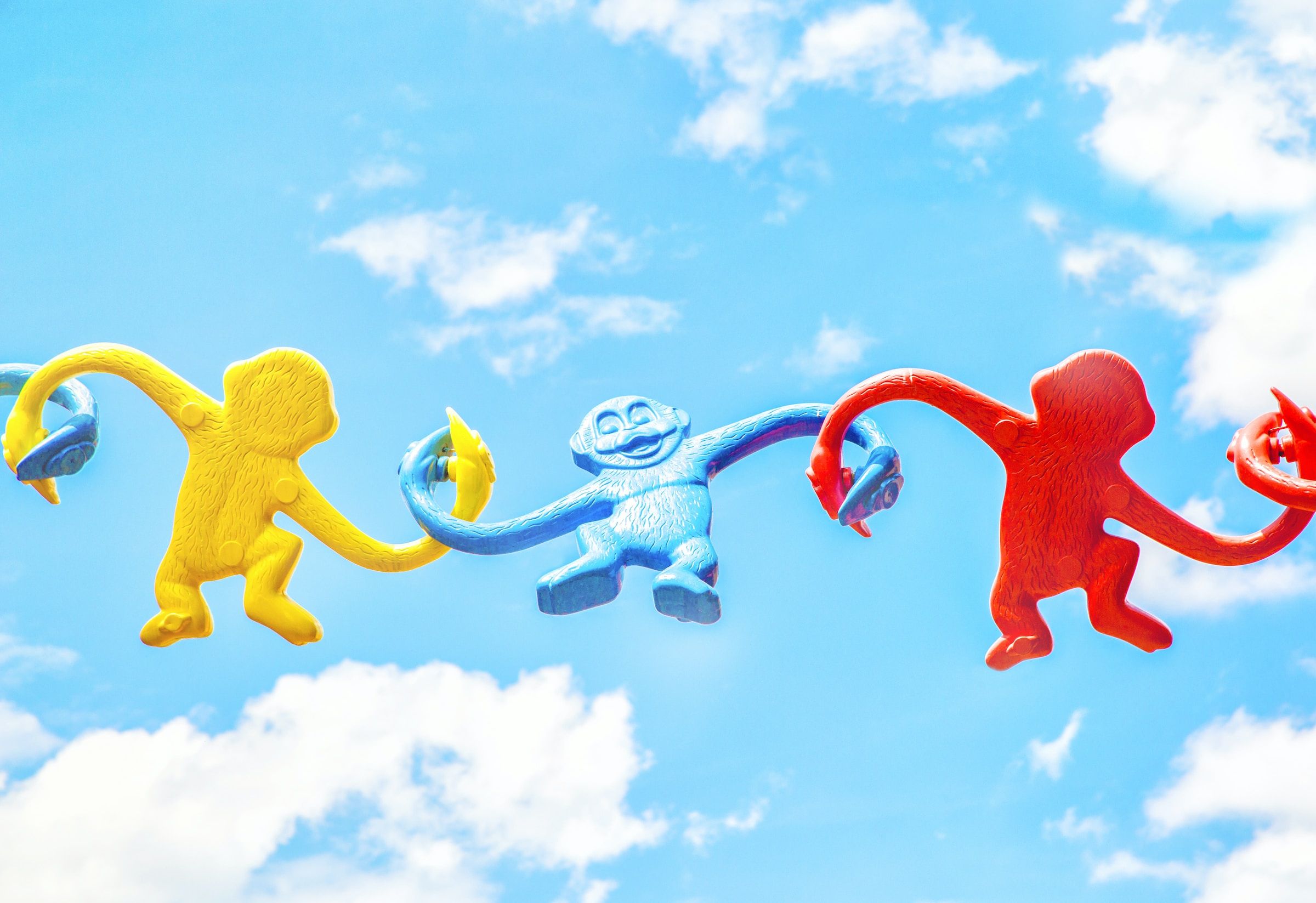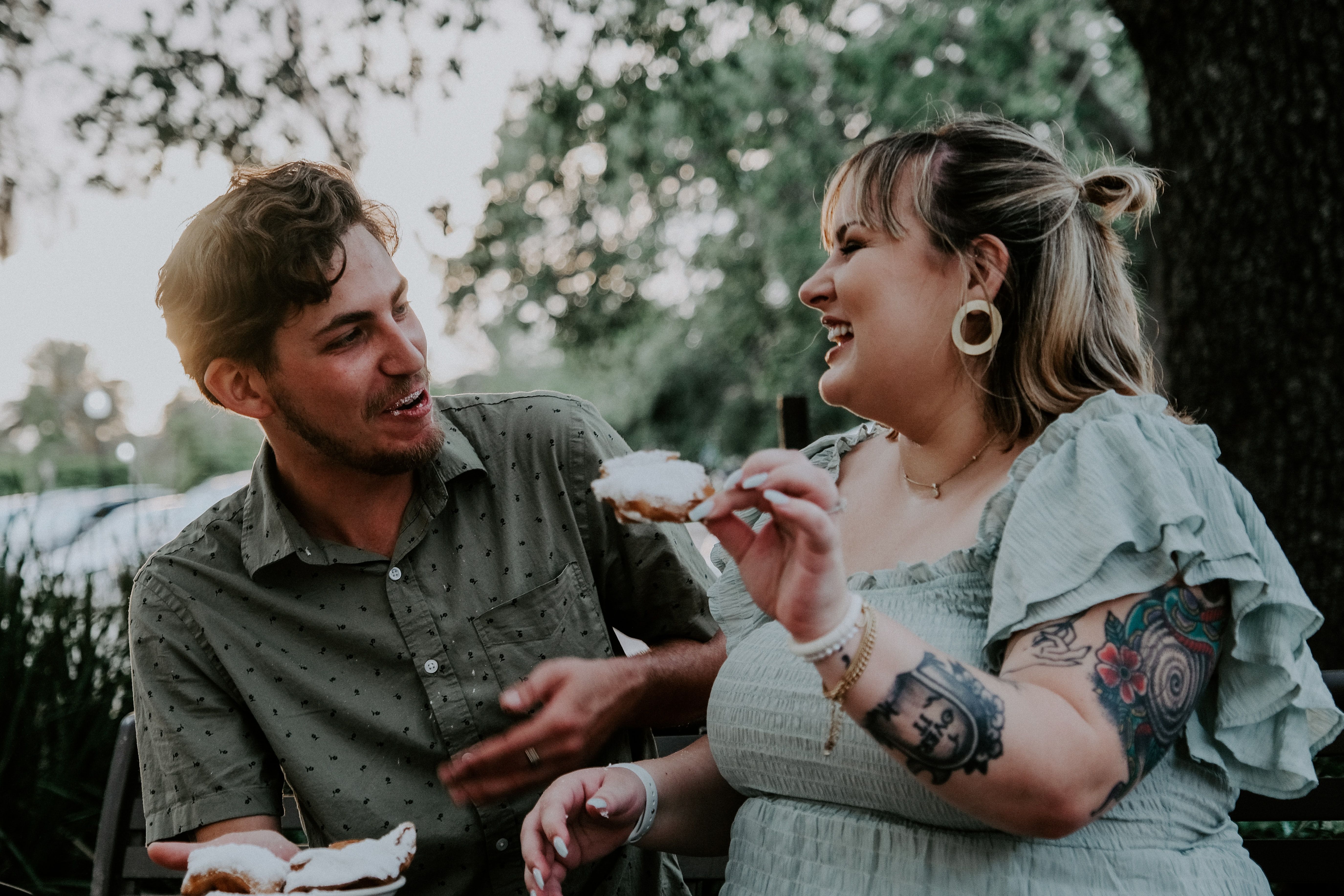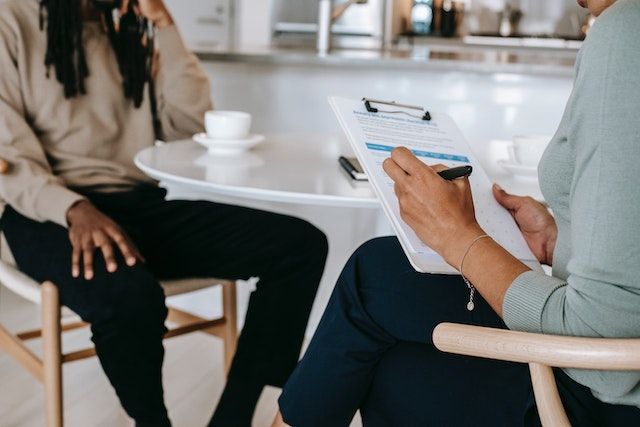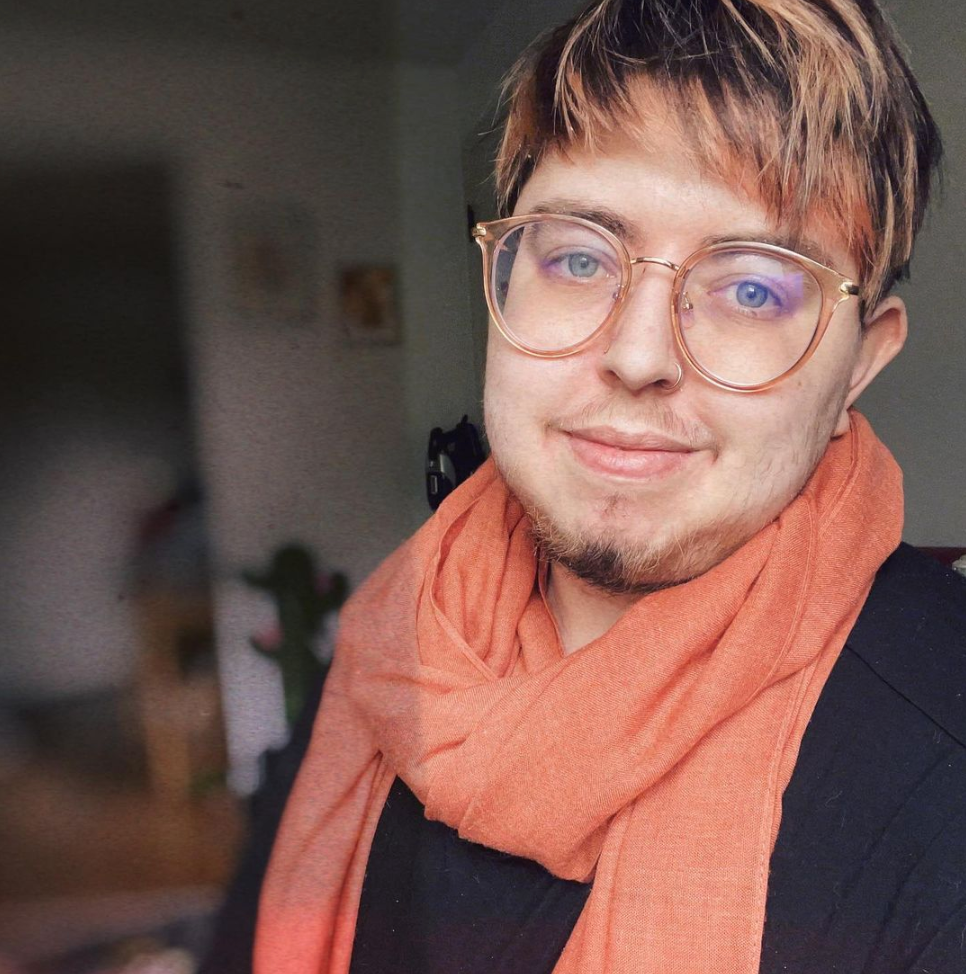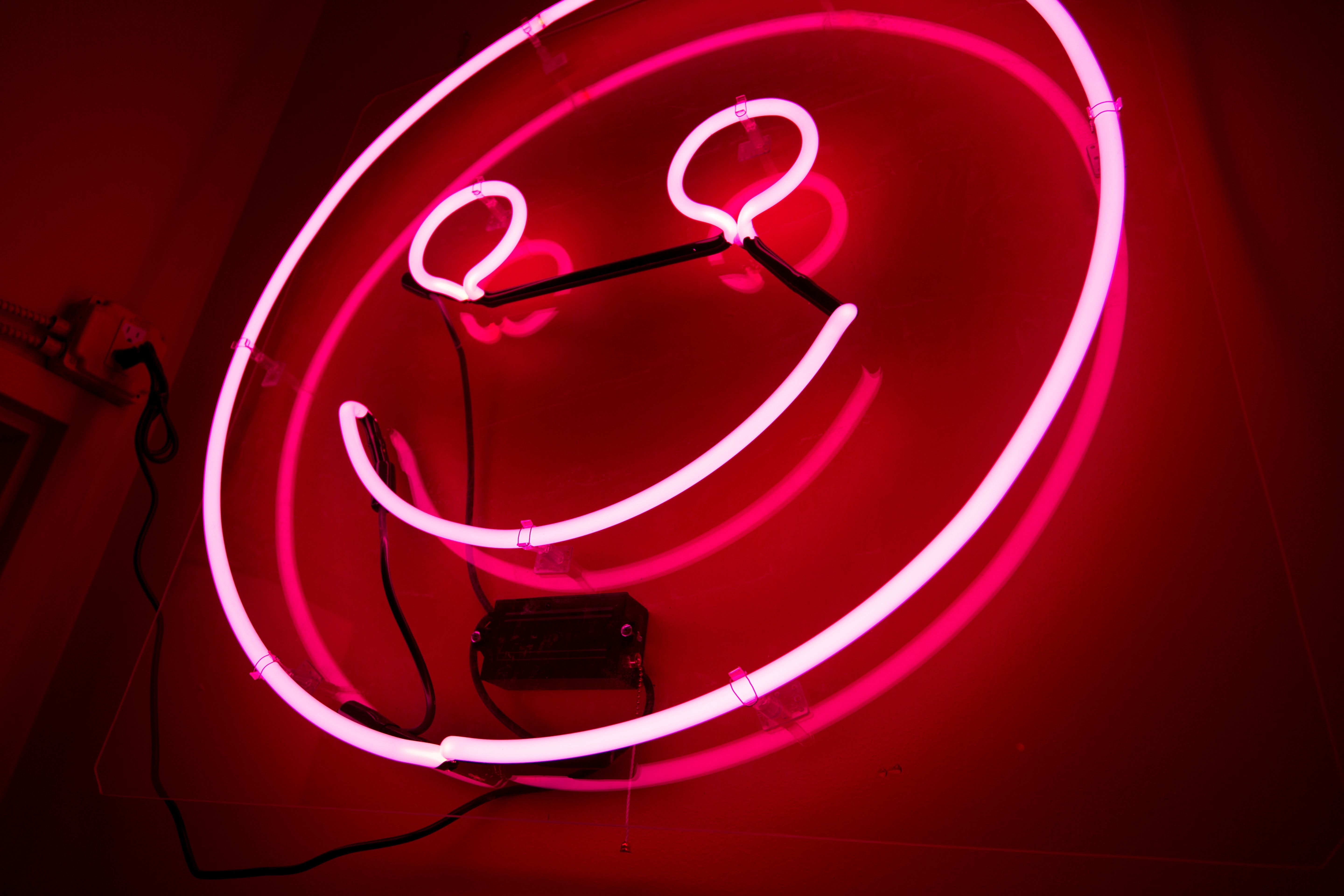
‘Good Vibes Only’: People With Mental Health Struggles Aren’t Disposable
Whenever I see the phrase “good vibes only” — usually spelled out in a trendy font on a pastel background, floating across my Instagram feed — I cringe.
As someone who has struggled with depression for most of my life, the idea that simply adopting more positive thinking will transform my life rings hollow.
After 15 years of therapy, I have yet to find the crystal or affirmation card that unlocks my most joyful self. The promises of TikTok self-help gurus and Instagram memes have been no match for persistent, clinical depression.
That doesn’t stop other people from buying in, though.
But who can blame them? The idea that our emotional well-being is entirely within our control is an alluring one. If you could simply think your way out of life’s most challenging emotions, immersing yourself only in the positive, how invincible might you feel?
Our emotions act as messengers, and they clue us into important information about ourselves — where we might be struggling, when a change might be necessary, when a boundary has been crossed, and what kind of support we might need.
And like flexing a muscle, it’s a practice: the more we feel our feelings, the more attuned we become to our own needs and desires. To suggest we should focus exclusively on the positive is to miss out on crucial insights into our self and well-being.
Unfortunately, though, this culture of “toxic positivity” suggests otherwise — convincing us that we need to flatten our emotional depth, punishing ourselves for being human — and it demands that everyone around us do the same.
And it creates an unnecessary and problematic divide, between so-called positive and negative people.
But this implies that people who struggle to remain positive aren’t worthy of love, connection, or relationships. That is, until they fix themselves by simply thinking their way out of it.
So what do you do with the grieving friend who, for example, started a GoFundMe to cover funeral expenses for a loved one? What do you do with the friend who had a recent cancer diagnosis, and who’s struggling to look at the bright side? What do you do with the friend who has PTSD, and is unable to feel safe after a traumatic event?
And if we aren’t willing to show up for others when they’re struggling, how can we expect anyone to show up for us when it’s our turn?
The idea that people who are struggling emotionally are a threat to our happiness is a problematic idea, to be sure. The truth is, we will all struggle at some point in our lives — we will lose someone we love, have our hearts broken, and even experience temporary or permanent disability, especially as we age.
Despite what these influencers would have you believe, positive thinking won’t spare us from life’s turmoil. And that’s a kind of vulnerability that so many of us, understandably, struggle to cope with.
That doesn’t mean, of course, that someone who is causing you distress should remain in your life out of pity. We can all benefit from some discernment when it comes to choosing who’s in our inner circle.
But the expectation that the people around us should always have “good vibes” — never struggling, needing help, or expressing pain — is an unfair burden to place on anyone.
Adopting a “good vibes only” approach never challenges us to learn how to set boundaries, navigate someone else’s pain, or practice empathy in the face of real difficulties.
And it becomes particularly punitive to those who struggle with their mental health or experiences marginalization. When we reduce whole and complex people to their “vibes” — which cannot and should not always be positive — we erase the unjust realities that people face in our world today.
It makes our worth contingent on how much we can mask what we’re going through. It renders us disposable, because as soon as we express our pain, we’re now a liability to those who would rather “stay positive” at any cost.
In reality, part of being human is being faced with a whole plethora of emotions, and part of being in community is learning to navigate those emotions alongside others.
Imagine if, instead of adopting this individualistic mentality — that I will only surround myself with those who best serve me, and will erase the pain of others in service of “good vibes” — we focused on authenticity and community care, rather than reinforcing white supremacy culture?
Depriving yourself of a full expression of emotion not only denies you the opportunity to meaningfully explore those emotions, but it also denies you the ability to heal in relationship with others.
Just as you reject others by insisting on “good vibes,” you deprive yourself of the chance to be seen and embraced in your wholeness, exactly as you are, when you only allow yourself to show up with “good vibes.”
In that sense, not only do we treat people with mental health struggles as disposable, but we also approach ourselves as being worthy of care only under certain conditions. We tamp down on our authentic selves, so we never get to experience the transformative power of being loved unconditionally.
#GoodVibesOnly is a bid to stifle our range of emotional expression, and squeeze ourselves into a self-limiting box where no one gets to see us in our struggles. Instead, we create a “presentable” avatar of ourselves that never captures who we truly are.
And harmfully, we expect others to do the same.
Being exclusively positive all the time is not only unrealistic, but it’s unkind to the parts of ourselves that are experiencing valid emotions that deserve to be tended to.
We deserve to be known in all of our complexity. We deserve to be seen as whole, dynamic people. We deserve to be supported in the midst of our struggles. And we deserve full access to all of our emotions, exploring them with curiosity and non-judgment, however challenging that may be.
None of us are unworthy of care simply because we aren’t able to feign positivity. Call it “bad vibes,” but I’d much rather find people I feel safe with than find people to be fake with.
May 8, 2023

Looking for a therapist?
Get tips on finding a therapist who gets you.
By submitting this form, you are agreeing to Alma's privacy policy.
